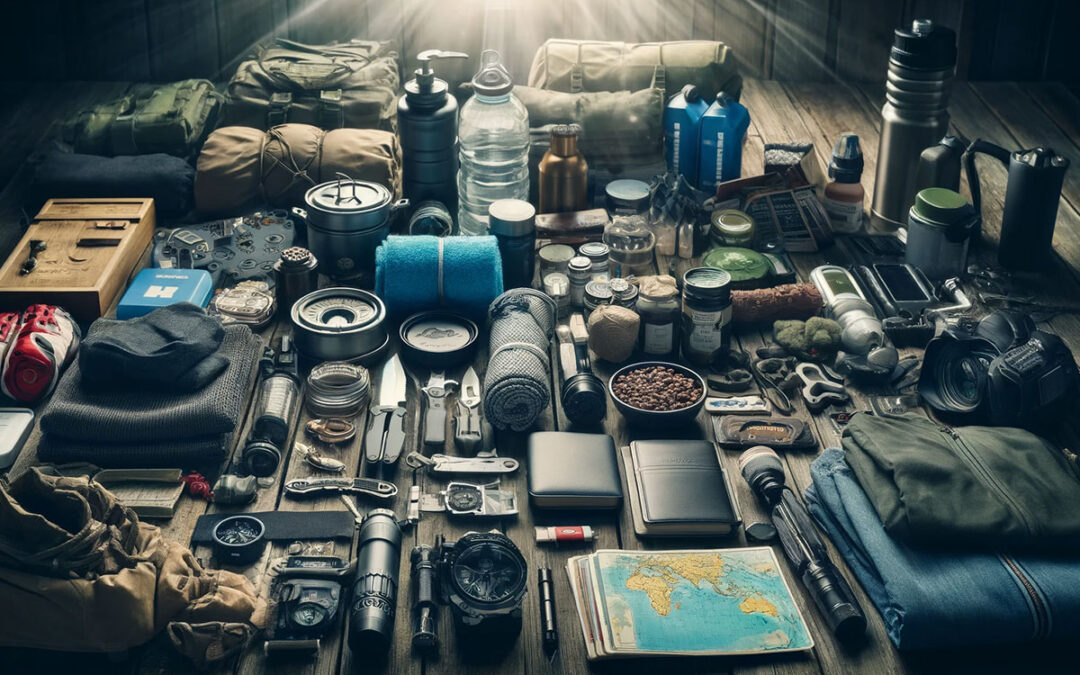When it comes to survival, preparation is key. Whether you find yourself lost in the wilderness, stranded in a remote area, or facing a natural disaster, having the right skills is essential for your safety and well-being. Here is a beginner’s guide to survival to help you prepare for anything that may come your way.
First and foremost, it is important to stay calm in any survival situation. Panicking will only cloud your judgement and make it harder to think clearly. Take a deep breath and assess your surroundings before making any decisions.
Next, prioritize your basic needs. This includes finding shelter, water, and food. Shelter is crucial for protection against the elements, so look for a safe and dry place to rest. Water is essential for hydration, so make it a priority to find a clean source of water. Look for running water such as streams or rivers, or collect rainwater if possible. Food is important for energy and sustenance, but it should not be your top priority when in a survival situation. Focus on finding shelter and water first.
It is also important to have a basic understanding of first aid. Injuries can happen in any survival situation, so knowing how to treat cuts, burns, or other injuries is crucial. Carry a basic first aid kit with essentials such as bandages, antiseptic wipes, and pain relievers. Knowing how to administer CPR or handle other emergency medical situations can also be life-saving.

Another essential skill is navigation. Having a basic understanding of how to read a map and use a compass can help you find your way if you are lost. Learning how to navigate using natural landmarks such as mountains, rivers, or the position of the sun can also help you determine your location. Remember to always stay oriented and keep track of your surroundings to avoid getting lost.
Fire-building is another important skill to have in any survival situation. Fire can provide warmth, light, and a way to cook food. Learn how to build a fire using various methods such as friction, flint and steel, or a lighter. Gather dry tinder, kindling, and fuel to keep the fire going. Practice building fires in different weather conditions to ensure you can do so even in challenging situations.
Lastly, always be prepared for the unexpected. Pack a survival kit with essentials such as a knife, rope, whistle, and flashlight. Carry extra clothing and a emergency blanket to stay warm. Know how to signal for help using a whistle, mirror, or fire. Stay alert and vigilant at all times to avoid potential dangers.
In conclusion, being prepared and having the basic survival skills is essential for your safety and well-being in any survival situation. Remember to stay calm, prioritize your basic needs, and be prepared for the unexpected. With the right skills and mindset, you can overcome any challenges that come your way and increase your chances of survival.